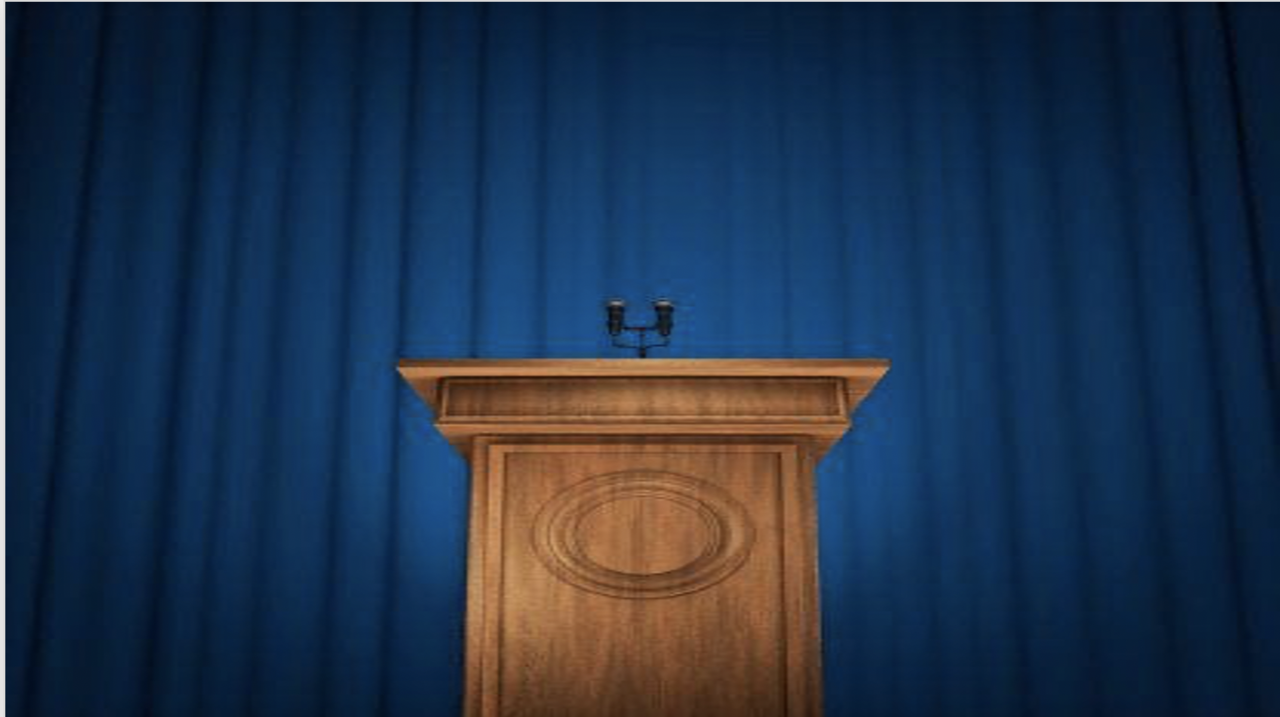The Longevity Economy’s Empty Podium

Joseph F. Coughlin
Podiums are not just for speakers to lay their notes, or to grasp when nervous before an audience, they can be powerful tools. Before there is action there must be attention. Metaphorically, a podium focuses the audience’s attention to the speaker and to their message.
The longevity economy suffers from an empty podium. Earlier this week my MIT AgeLabcolleague Luke Yoquinto and I crafted an OpEd for the Boston Globe-MIT AgeLab’scontinuing series on building what we have dubbed as a Longevity Hub in New England. Our recent piece calls for national leadership to promote innovation, particularly technology-related R&D, to prepare a nation that is living longer, and demands to live better.
Despite being the son of a long line of civil servants, I am reluctant to ask for a new bureaucracy - but the nation (and world) does need, and deserves, a visible and influential office with cross-agency authority to provide a clear consistent voice for R&D and related policies that stimulate and sustain technological innovation for an aging society.
Every policy issue, no matter how mundane or narrow the interest, has a home in some congressional subcommittee, some government agency, or some commission. Yet, the single most powerful social force, demographic transition, a force that we can be assured will occur, and transform society, does not have such a home or voice. Interestingly, living longer, better, is a politically low hanging fruit and a sustainable goal that everyone can support…the alternative to living longer, better is not nearly as attractive.
Yes, absolutely, there are talented people across the federal government that individually address the molecular dimensions of aging and related health conditions, manage programs that promote financial security, mobility, nutrition, housing and more for the aged, disabled, and often impoverished. However, the policies and the agencies that implement these programs are most often the product of how the problem they address was defined, and of the range of solutions that were available, at the time of their legislative birth.
Aging tomorrow will be new and different. It will present new challenges and awesome opportunities. Tomorrow’s aging America demands a new voice to fully leverage and creatively exploit another driving force shaping life tomorrow — technology. To fully leverage advances in nanotech, deep machine learning, robotics, information technology & communications, synthetic life, and countless other emerging fields that could make it possible for everyone to live longer, better, requires national attention and focus.
Teddy Roosevelt was perhaps the first to coin the phrase, the "bully pulpit." "Bully," in Theodore Roosevelt's day, meant excellence or first rate. Vision articulated from the podium by a skilled orator with clarity are among the most powerful tools of leadership. Let’s not just let the longevity economy happen, let’s find the courage, excellence, urgency, and the leadership, to envision our collective future.
I welcome your comments and invite you to read read Luke Yoquinto and my OpEd — Needed: Federal leadership on R&D for our aging society